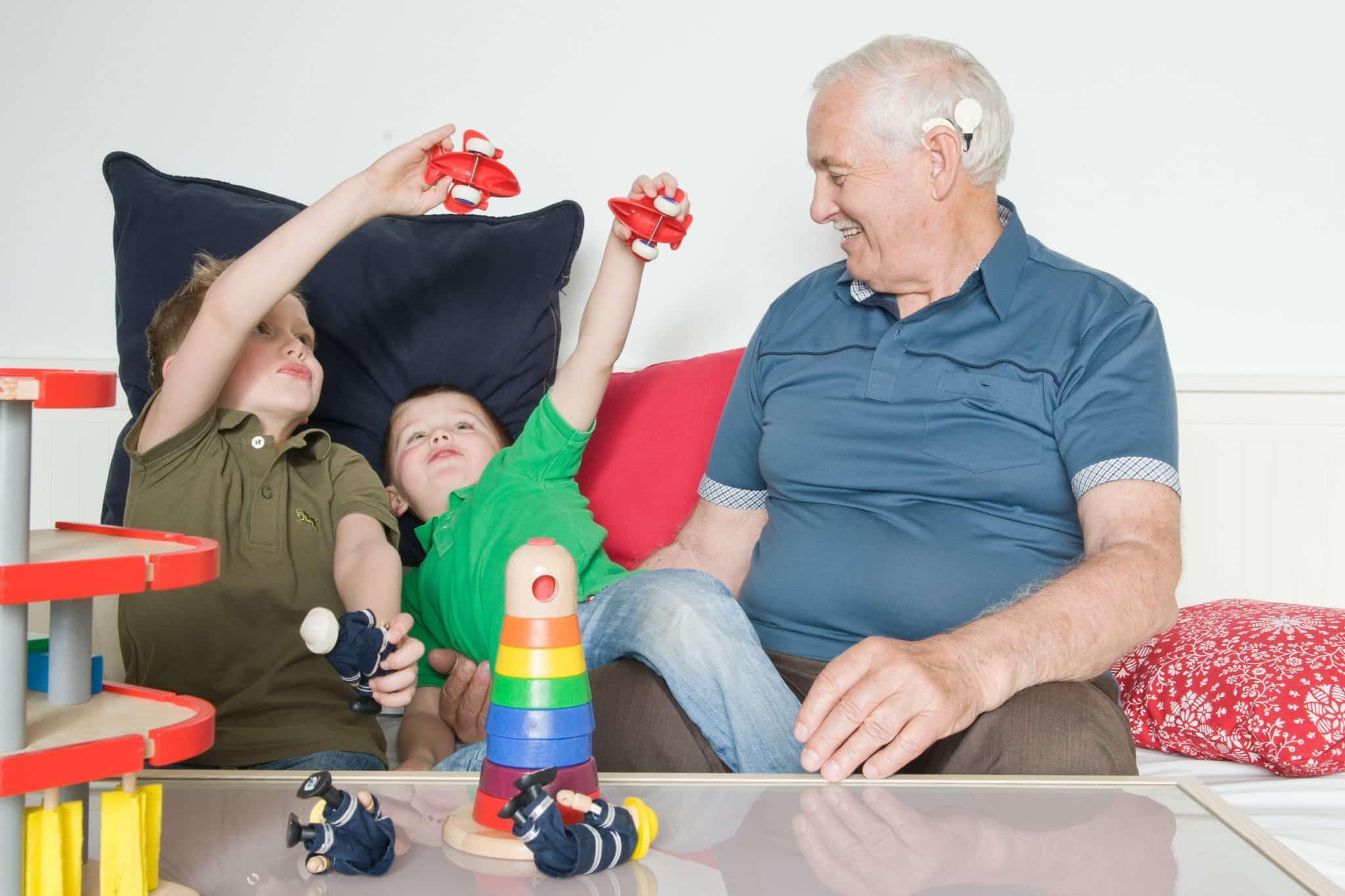MED-EL
Published Feb 07, 2014
Learn About Hearing Loss and Older Adults

Hearing loss affects individuals of all ages, and practically everybody experiences some hearing loss as they age. Of course, many people don’t want to talk about (or even think about) hearing loss, but like many things in life ignoring it doesn’t make it go away. If you think you have a hearing loss, or know someone who might, the best course of action can be to confront it head-on: understand what’s going on, what effects it has or will have, and what can be done to overcome it.
To talk about hearing loss and older adults, the Institute of Medicine held a conference in January titled “Hearing Loss and Healthy Aging.” If you’re interested in learning about hearing loss’s effects, this is a great way to hear directly from leading professors, doctors, and others in the field of hearing loss.
Videos of the full conference are available to stream online. Here’s the beginning of the conference:
It was a two-day conference, so there’s definitely a lot of information in there. Here are some of the facts and figures that we found most illuminating:
Hearing Loss Prevalence Doubles Every Decade Of Life
From a study lead by Frank N. Lin, M.D., Ph.D, Assistant Professor of Otolaryngology-Head & Neck Surgery, Geriatric Medicine, Mental Health, and Epidemiology at Johns Hopkins.
Hearing loss prevalence doubles with every decade of life. While only 3% of individuals in their 20s have a hearing loss, 70% of individuals over the age of 70 have a hearing loss. At the same time, the number of individuals who use a hearing aid or implant remains low.
Hearing Loss Slows Down Everything That You Do
From Luigi Ferrucci, M.D., Ph.D., scientific director of the National Institute on Aging.
Hearing requires a lot of effort! However, the brain only has a finite amount of resources to split between all of the different functions like vision, hearing, balance, attention, cognitive functions. When and individual has a hearing loss they, will need to spend more effort listening – leading to fewer resources for all other functions. This ultimately slows down everything that an individual will do.
Hearing Loss Can Lead To Reduced Brain Volume
From Marilyn Albert, Ph.D., director of the Alzheimer’s Disease Research Center at Johns Hopkins.
Hearing loss fundamentally changes the structure of an individual’s brain. Studies show that poor hearing is strongly correlated with a reduced brain volume, and this is associated with declines in cognitive performance and incident dementia.
What to do now?
It’s easy: inform yourself about your own hearing. Learn how hearing works. Test your own hearing. Watch videos about the different kinds of hearing loss. Discover about possible solutions to hearing loss.
MED-EL
Was this article helpful?
Thanks for your feedback.
Sign up for newsletter below for more.
Thanks for your feedback.
Please leave your message below.
Thanks for your message. We will reply as soon as possible.
Send us a message
Field is required
John Doe
Field is required
name@mail.com
Field is required
What do you think?
MED-EL


